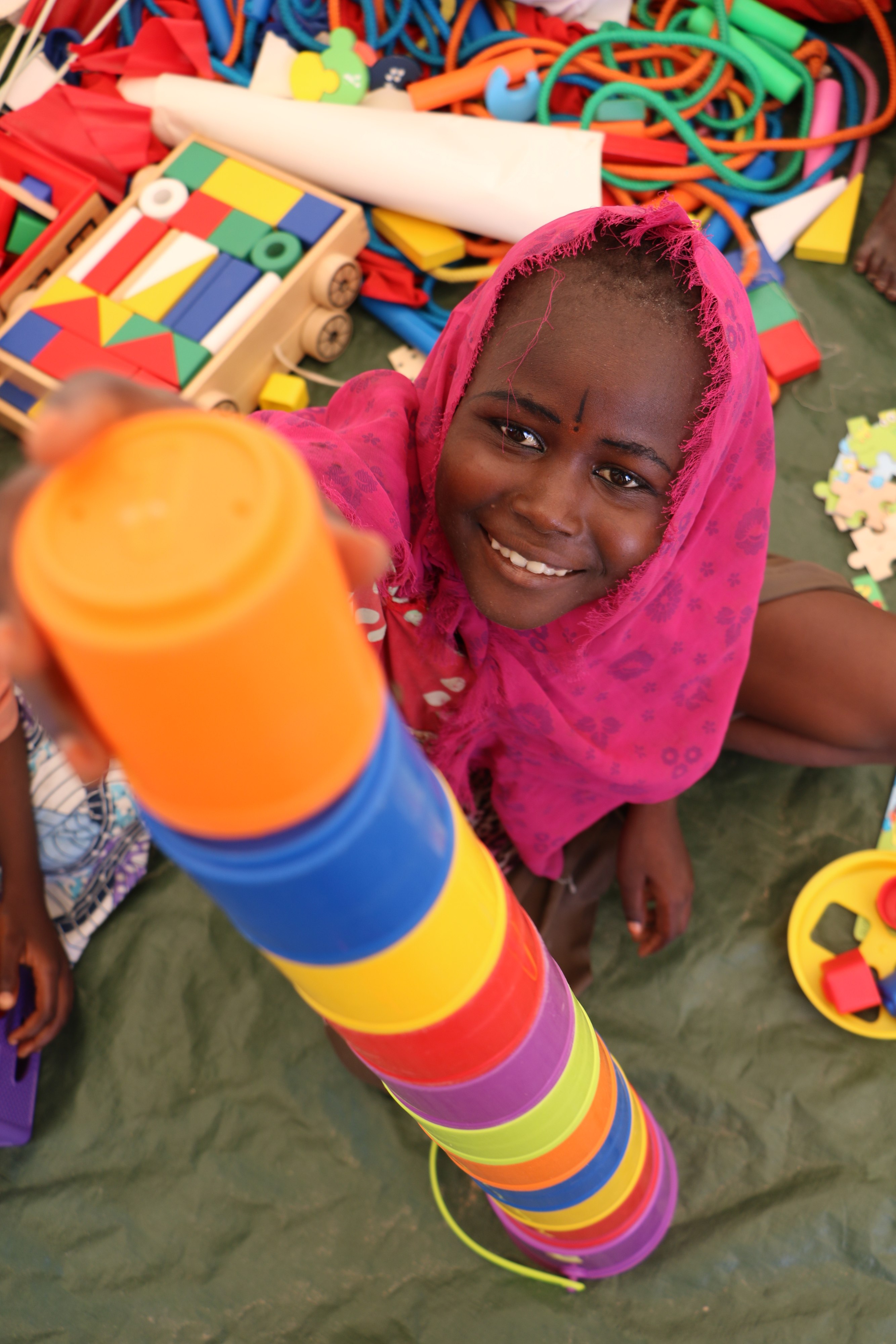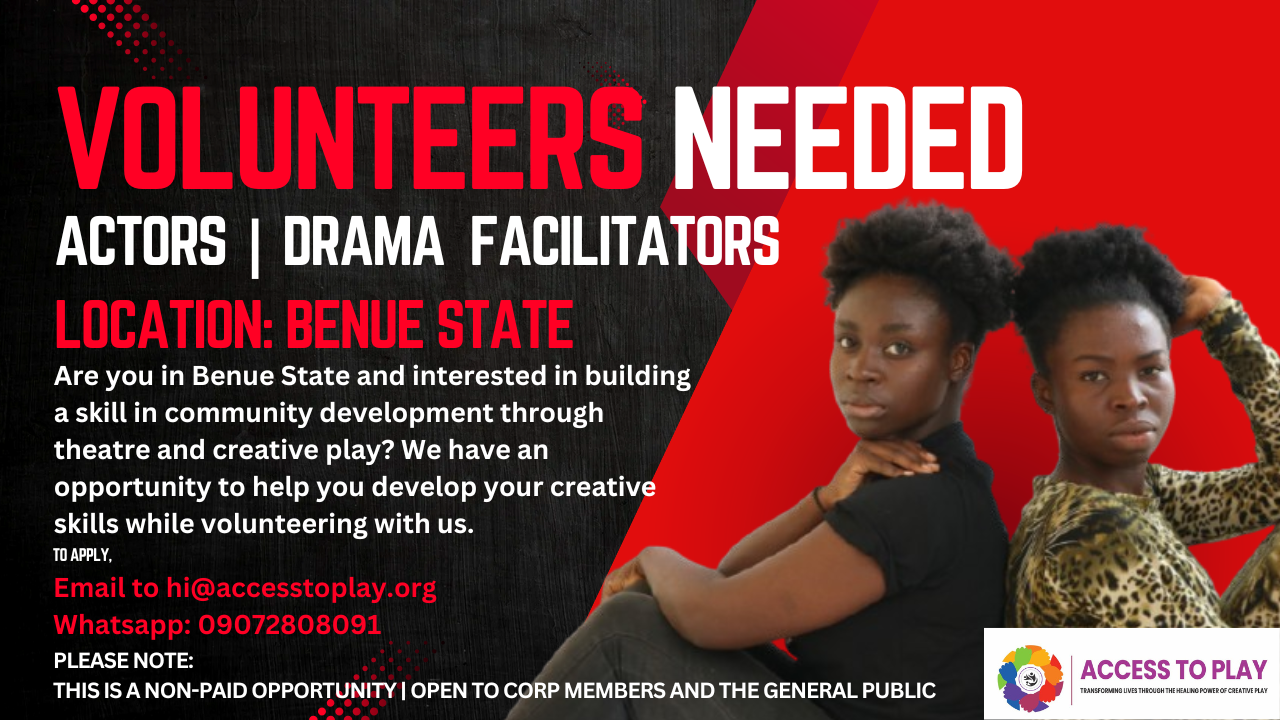Playback Theatre Training:
The Art of Personal Narratives
Our Playback Theatre Training offers individuals, actors, social workers, and groups the opportunity to develop skills in improvisational storytelling for personal use, community engagement, advocacy, and healing. This program focuses on the art of Playback Theatre, where participants learn to re-enact personal stories shared by audience members, bringing them to life through creative improvisation. The training emphasizes building empathy, active listening, and creating safe spaces for individuals to share their experiences. Ideal for actors looking to expand their craft or social workers seeking to use theatre as a tool for engagement, this course equips you with the tools to facilitate meaningful, dynamic performances that foster connection and understanding. You'll learn a range of Playback Theatre techniques, from foundational forms to advanced space work, allowing you to grow and refine your practice.
Takeaways
-
Storytelling and Listening:
You'll develop skills in active listening, being fully present to capture the essence of a story.
-
Re-Enactment and Role Play
Learn how to instantly and creatively “play back” a person’s story in an improvised and meaningful way, often with a mix of dialogue, movement, music, and emotional expression.
-
Mirroring & Enactment
Techniques for re-enacting the emotions and actions of the storyteller using body language and physical movement.
-
Audience Engagement:
How to connect with the audience, create an inclusive atmosphere, and encourage participation.
-
Adapting to Different Settings:
Learn how to apply Playback Theatre to various contexts like community-building events, therapeutic environments, educational settings, and performances.
-
Self-Reflection:
Engaging with Playback Theatre helps you grow personally by encouraging deep self-awareness and empathy for others.
-
Developing Creativity:
It nurtures your ability to think outside the box and respond to situations with creativity and authenticity.
-
Improvisation:
Enhance your ability to respond spontaneously to stories, fostering creativity in real-time.
-
Emotional Intelligence:
Learn to deeply connect with others’ emotions and reflect them back in an empathetic, respectful way.
-
Physical Theater:
Using your body, voice, and facial expressions to tell a story vividly and authentically.
-
Working in Ensemble:
Playback Theatre relies on strong teamwork. You’ll learn how to build trust, communicate effectively, and collaborate with others in the group.
-
Leadership and Support:
Gain insight into how to take the lead in certain situations and also how to support others in the group’s shared storytelling process.
-
Respect for the Storyteller:
You’ll be taught how to honor the storyteller’s narrative, ensuring they feel heard and valued, without judgment or distortion of their story.
-
Confidentiality and Sensitivity:
Learn how to create a safe and respectful space for storytelling, ensuring that participants are comfortable sharing their experiences.
What you will learn
Advanced Playback Theatre techniques:
Tailored strategies for social justice:
Conflict transformation and healing:
Inclusive and non-judgmental spaces:
Practical applications for social justice work:
If you’re interested in a deeper understanding of human stories and want to become part of a dynamic performance ensemble, Playback Theatre Core Training will give you the skills and confidence to contribute meaningfully to this unique art form.





